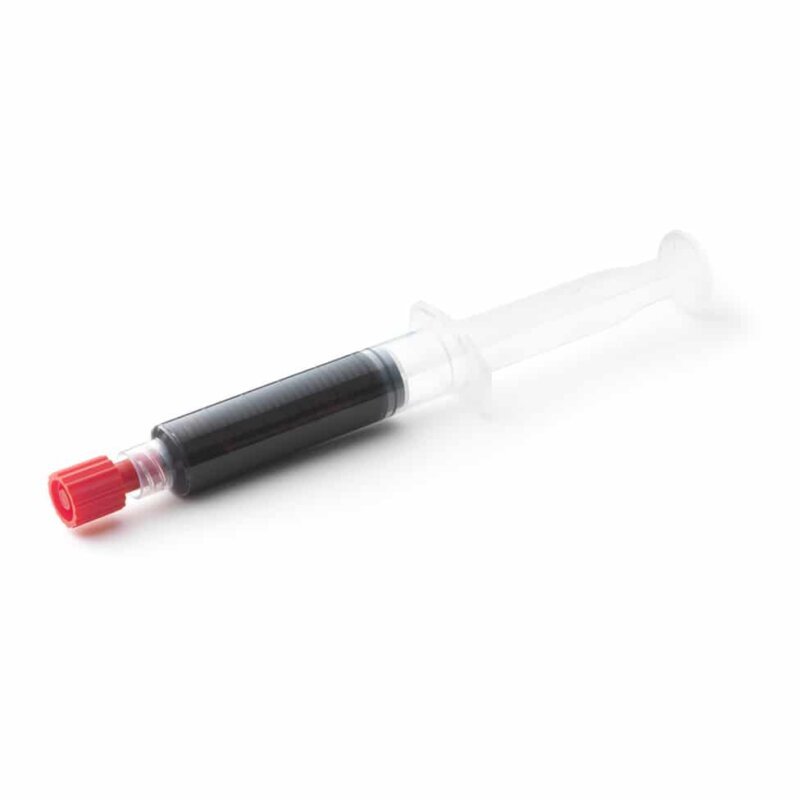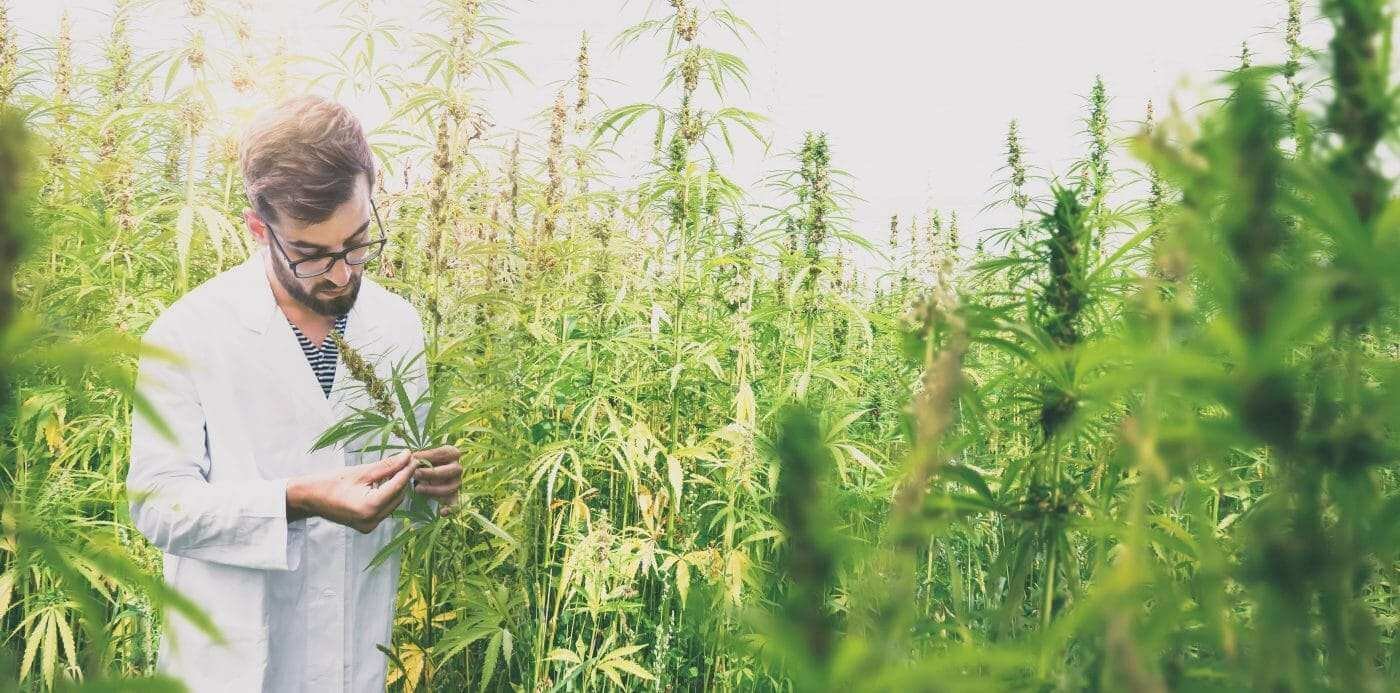A beginners guide to CBD, CBD Products
Confused About CBD Paste? A Beginner’s Guide to Buying Pure CBD
Table of Contents
What is CBD paste, how does it differ from CBD oil, and where can you find quality products in the UK? These questions are becoming increasingly common as more people discover this concentrated form of cannabidiol.
CBD paste is a thick, potent concentrate that offers a different experience from the more familiar CBD oils found in health stores. Dispensed from a syringe for precise dosing, this product contains high concentrations of cannabidiol combined with natural carrier ingredients like oils or waxes. CBD paste sold legally in the UK must contain less than 1mg of THC per container, in line with current UK regulations.
Many people are exploring CBD paste for various wellness concerns, including chronic pain and sleep difficulties. However, it’s worth noting that this concentrated format requires careful consideration of dosage and quality.
This guide examines what makes CBD paste unique, how to use it safely, and most importantly, how to identify reputable suppliers. Whether you’re curious about this concentrated format or considering it as an alternative to traditional CBD products, understanding the basics is essential before making any purchase decisions.
If you’re considering using CBD paste, you should speak to your GP or other healthcare professional to ensure that it is safe and appropriate for you to do so.
What is CBD paste and how does it differ from CBD oil?
CBD paste is a thick, concentrated substance that resembles dark, sticky resin. Unlike the familiar CBD oils available in most health stores, this raw extract contains higher concentrations of cannabinoids alongside other naturally occurring compounds from the hemp plant.
Key differences between CBD paste and CBD oil
The most significant difference lies in potency and form. CBD paste typically contains much higher concentrations of cannabinoids, making it considerably more potent than standard oils. This concentrated nature means smaller amounts are needed, which may offer better value despite the higher initial cost.
CBD paste also retains more of the plant’s original compounds, particularly the raw acid form of CBD called CBDa. Whilst oils are often diluted with carrier oils such as olive or coconut oil, pastes remain closer to their natural, unprocessed state. The consistency differs substantially – oils flow freely from dropper bottles, whereas pastes have a thick, resin-like texture that sticks to surfaces.
How is CBD paste produced?
CBD paste production begins with carefully selected hemp plants, typically grown organically without pesticides or artificial fertilisers. The extraction process commonly employs supercritical CO2 extraction, considered the gold standard for preserving beneficial plant compounds.
This method extracts not only CBD but also other cannabinoids, terpenes, flavonoids, and plant nutrients. After extraction, CBD paste undergoes minimal processing, preserving its raw character. Some manufacturers blend the extract with natural ingredients like coconut oil or beeswax to achieve the desired consistency and standardise CBD content.
Why does CBD paste come in a syringe?
The thick, sticky consistency of CBD paste makes traditional dropper bottles impractical. Manufacturers therefore package it in specially designed syringes or applicators that allow for precise dosing. These dispensers feature different head sizes depending on the product’s viscosity and intended use.
The syringe design offers accurate dosage measurement, which is particularly important given the paste’s high potency. This packaging method also preserves product quality and makes application straightforward, whether you’re placing it under your tongue or mixing it with food.
How to use CBD paste safely
Understanding how to use CBD paste properly is essential for getting the most from this concentrated product. There are several effective methods, each with distinct advantages depending on your needs and preferences.
Sublingual application
The most effective method involves placing CBD paste under your tongue. Squeeze a small amount from your CBD paste syringe – roughly the size of a grain of rice – onto your finger, then place it under your tongue. Hold it there for at least 60 seconds to allow absorption through the thin membranes and blood vessels in this area.
This sublingual method allows approximately 35% of the CBD to enter your bloodstream, typically taking effect within 15-25 minutes. The longer you hold the paste under your tongue, the more CBD your body can absorb.
Adding to food or drinks
For those who find the earthy taste of CBD paste unpalatable, mixing it with food offers a practical alternative. While this method results in lower absorption rates (around 4-20%), it effectively masks the flavour. Popular options include:
- Smoothies or yoghurt
- Butter for spreading on toast
- Hot drinks such as tea or coffee
When consuming CBD paste with food, effects typically take longer to appear and you may need to adjust your dosage accordingly.
Topical use
CBD paste can be applied directly to the skin for targeted relief. Simply apply a small amount to areas of concern, such as sore muscles or joints, and massage gently until absorbed. This method provides localised effects while still allowing some CBD to penetrate through the skin.
Measuring your dosage
Accurate dosing is particularly important given CBD paste’s high potency. Hold the syringe firmly with four fingers, using your thumb to control the plunger. Most syringes include measurement markings to help with precision.
Start with very small amounts – experts recommend beginning with 2.5-5mg twice daily for the first week. You can then adjust to find your optimal daily dose. If the paste seems too thick to dispense easily, warming it slightly under a hot towel can improve flow.
It’s important to follow Food Standards Agency guidance, which recommends that adults consume no more than 70mg of CBD daily. However, individual responses vary considerably, so starting with lower doses allows you to gauge your body’s reaction.
If you’re considering using CBD paste, you should speak to your GP or other healthcare professional to ensure that it is safe and appropriate for you to do so.
What are the potential benefits and risks of CBD paste?
Research into cannabidiol continues to evolve, revealing important considerations for anyone looking to purchase CBD paste. Understanding both its potential benefits and risks helps you make informed decisions about whether this concentrated format might suit your needs.
Conditions CBD paste is used for
The strongest scientific evidence supports CBD’s effectiveness in treating certain forms of epilepsy, specifically Dravet syndrome and Lennox-Gastaut syndrome, for which the FDA has approved a prescription CBD medication. Beyond this approved use, CBD is being studied for numerous other conditions, though evidence varies considerably in strength.
CBD paste is often considered for the following conditions:
1. Anxiety and stress management
Research suggests CBD may help with anxiety disorders, with many users reporting these as primary reasons for CBD use. However, studies remain limited, and more research is needed to establish optimal dosages and long-term effects.
2. Chronic pain
CBD shows promise for pain management, particularly inflammatory and neuropathic pain that often resists conventional treatment. The concentrated nature of CBD paste may appeal to those seeking stronger formulations for persistent pain conditions.
3. Sleep disorders
Some studies indicate potential benefits for sleep disorders, which explains why many turn to products like CBD paste for insomnia relief. Early evidence looks promising, although research is still in its infancy.
Potential side effects and safety concerns
Although CBD paste generally has a good safety profile, it can cause several side effects. Common reactions include drowsiness, fatigue, and sedation—particularly important to consider if operating machinery or driving. Gastrointestinal issues such as diarrhoea, reduced appetite, and nausea occur frequently as well.
More serious concerns include potential liver damage, particularly at higher doses or when combined with other medications affecting the liver. The FDA warns that CBD may cause changes in alertness, mood irritability, and agitation in some users. Men should be aware that CBD might affect male fertility, according to some research.
Drug interactions: A crucial consideration
CBD can significantly interact with other medications through its effect on liver enzymes. CBD inhibits cytochrome P450 enzymes, particularly CYP3A4, which metabolises approximately 60% of prescribed medications. Consequently, CBD can increase blood levels of these drugs, potentially causing unwanted side effects or toxicity.
A helpful rule of thumb: avoid CBD if your medication carries a grapefruit warning. Medications known to interact with CBD include blood thinners, anti-seizure drugs, and certain antidepressants. CBD can also affect levels of immunosuppressants, heart medications, and some statins.
If you’re considering using CBD paste, you should speak to your GP or other healthcare professional to ensure that it is safe and appropriate for you to do so. This precaution becomes even more important given the unregulated nature of many CBD products and the concentrated potency of CBD paste.
How to buy quality CBD paste in the UK
Finding reliable CBD paste requires careful attention to product details and supplier credentials. Quality varies significantly across the market, making it essential to know what distinguishes genuine products from inferior alternatives.

Reading labels effectively
Quality CBD paste labels clearly display the exact CBD content in milligrams alongside the concentration percentage. Look for products that specify whether they are “full spectrum” or “broad spectrum” – this indicates whether additional cannabinoids and terpenes are present alongside CBD.
Reputable manufacturers include batch numbers for traceability, manufacturing dates, and clear usage instructions. Many also highlight additional qualities such as organic certification, vegan-friendly formulations, or gluten-free status where applicable.
The importance of third-party testing
Independent laboratory testing provides essential verification of CBD paste contents. Quality brands readily share Certificates of Analysis (COAs) through their websites, QR codes on packaging, or upon request. These documents should confirm:
- Cannabinoid content matches label claims
- THC levels remain below UK legal limits (1mg per container)
- Absence of pesticides, heavy metals, and harmful microorganisms
Never purchase CBD paste without reviewing these test results, as they offer your best protection against mislabelled or contaminated products.
Recognising poor quality products
Be cautious of unusually low prices – quality CBD extraction requires significant investment, and products priced well below market average often contain minimal active CBD. Avoid brands making specific medical claims about treating conditions, as this violates UK regulations and suggests questionable business practices.
Research company reputations through independent reviews, and remain suspicious of products lacking transparency about hemp sourcing or extraction methods. The Food Standards Agency emphasises that there is no guarantee unregulated products will provide the intended benefits or maintain consistent quality.
Now read:
CBD paste offers a concentrated alternative to traditional CBD oils, with its thick consistency and syringe packaging allowing for precise dosing. This guide has covered the key differences between paste and oil, various application methods, and important considerations around both potential benefits and risks.
The concentrated nature of CBD paste means it may provide stronger effects than standard oils, though this also requires more careful attention to dosage and quality. As with all CBD products, the evidence for specific health benefits remains limited, and individual responses can vary considerably.
Quality remains paramount when choosing any CBD product. Look for clear labelling, independent laboratory testing, and transparent manufacturing information. Most large health food stores stock CBD products, though as these are classed as ‘food supplements’ rather than ‘medicinal products’, they aren’t regulated in the UK in the same way as medicines.
If you’re considering using CBD paste, you should speak to your GP or other healthcare professional to ensure that it is safe and appropriate for you to do so. This is particularly important if you have any pre-existing conditions or if you are taking any medication, as CBD can interact with certain drugs.
All health content is provided for general information only, and should not be treated as a substitute for the medical advice of your own doctor or any other health care professional.


